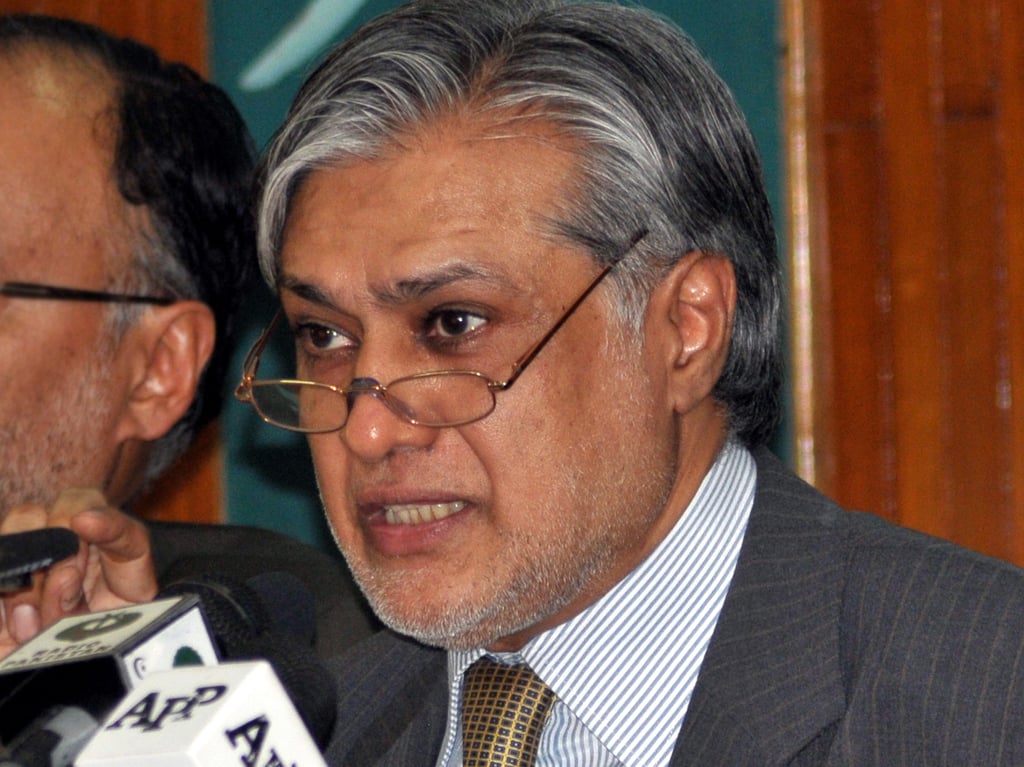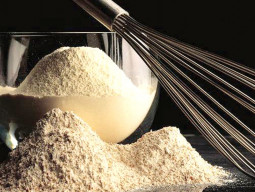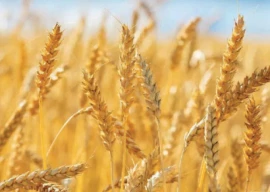
This was decided in a meeting of the price monitoring committee held under the chairmanship of Finance Minister Ishaq Dar at the Finance Division on Wednesday.
Dar asked provinces to share information among themselves and adopt best practices in order to keep prices of essential items stable for the benefit of the common man.
He directed the Ministry of National Food Security and Research to come up with production and consumption estimates of major food items and other essential crops.
The ministry will also frame a policy in the next 10 days to ensure a smooth supply of essential food items throughout the year and government intervention, if required, well in time to check any impact on prices.
“Provinces should play a proactive role in maintaining price stability and make best efforts to provide relief to the common man in all areas. This is a collective responsibility of the federal and provincial governments to check any undue increase in prices and ensure a smooth supply of essential items,” Dar stressed.
Appreciating a proposal of the Ministry of National Food Security and Research for promoting kitchen gardening and tunnel farming, the minister expressed the desire that it should be followed by all provinces for the benefit of households.
The meeting participants reviewed the inflationary trend of various indicators including the Consumer Price Index (CPI), Food, Non-Food, Core, Wholesale Price index (WPI), Sensitive Price Indicator (SPI) and the index of 28 selected essential items.
The CPI stood at 9.1% in October while SPI and WPI were at 10.5% and 9.8% respectively. Food inflation was recorded at 9.8%, non-food at 8.6% and core inflation at 8.4%.
The SPI for the week ended November 13 showed an increase of 0.46% due to rise in prices of 21 commodities.
The meeting noted that prices of tomatoes, onions and potatoes had increased because of supply disruption, but now supplies had started improving and prices were also coming down.
The meeting reviewed the stock position of wheat, sugar and other essential items and expressed satisfaction over the available stocks.
Published in The Express Tribune, November 21st, 2013.
Like Business on Facebook, follow @TribuneBiz on Twitter to stay informed and join in the conversation.












































COMMENTS (1)
Comments are moderated and generally will be posted if they are on-topic and not abusive.
For more information, please see our Comments FAQ